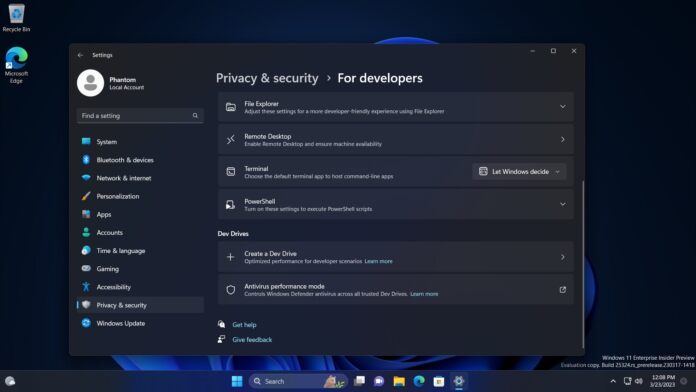The current version of Microsoft's file system, ReFS 3.12, has been found to be incompatible with newer versions of Windows 11. Windows Report says Microsoft has acknowledged the issue as the system experiences continuous reboots when attempting to use this version. Users are recommended to utilize ReFS 3.10 instead, which does not encounter such problems.
Key Improvements of ReFS
If you are unfamiliar with Resilient File System (ReFS), it is a file system that Microsoft initially launched on Windows 8. Microsoft says it provides more performance and resilience compared to New Technology File System (NTFS) and higher data support. ReFS is a file system that is more durable against data corruption. The format is used on machines that handle large amounts of data, making it ideal for enterprise users.
ReFS is designed to maximize data availability, scale efficiently to large data sets, and resist data corruption. Since its introduction alongside Windows 8, ReFS has provided users with enhanced performance and resilience, particularly for large and enterprise-level data storage solutions.
Forward Steps for Microsoft
Despite the complications with ReFS 3.12, older versions still maintain functionality with the latest Windows operating system. Microsoft is working towards resolving the compatibility issues, although a timeline for this fix has not been explicitly stated. ReFS remains an integral part of Windows Server editions and select Windows 10/11 editions, offering advanced features geared towards data integrity and virtualization optimizations. Microsoft's progress on the matter is closely followed by users and industry professionals who rely on the stability and performance of Windows systems.




